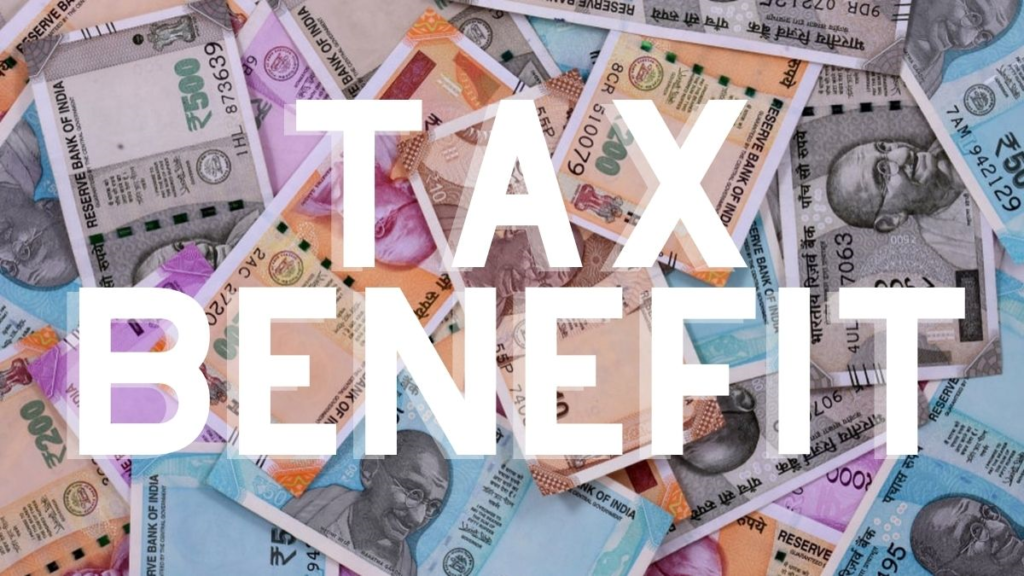Paying taxes is an essential responsibility for salaried individuals in India. However, with proper planning and awareness of tax-saving strategies, you can significantly reduce your tax liability and maximize your take-home income. In this article, we will explore some effective ways for salaried individuals in India to save taxes and make the most of their hard-earned money, including the option of company car leasing.
- Optimize Tax-Saving Investments: To reduce your tax liability, invest in tax-saving instruments under Section 80C of the Income Tax Act. Consider options such as Employee Provident Fund (EPF), Public Provident Fund (PPF), National Savings Certificate (NSC), Tax-saving Fixed Deposits, and Equity Linked Saving Schemes (ELSS). These investments provide both tax benefits and potential returns over the long term.
- Utilize House Rent Allowance (HRA) and Home Loan: If you live in a rented accommodation and receive HRA as part of your salary, claim exemptions on HRA under Section 10(13A) of the Income Tax Act. Additionally, if you have taken a home loan, both the principal repayment (Section 80C) and the interest paid (Section 24) qualify for tax benefits. Utilizing these provisions wisely can significantly reduce your taxable income.
- Deductions for Medical Expenses and Health Insurance: Under Section 80D, claim deductions for medical insurance premiums paid for yourself, spouse, children, and parents. Deductions vary based on the age of the insured individuals. Furthermore, expenses incurred for preventive health check-ups are also eligible for deductions. These deductions help you save taxes while ensuring the health and well-being of your family.
- Utilize Leave Travel Allowance (LTA): If you receive LTA as part of your salary, you can claim tax exemptions on expenses incurred during domestic travel. Plan your holidays carefully, retain the necessary documents, and avail this tax benefit. Note that this exemption is applicable only for travel within India and subject to specific conditions.
- NPS Contributions: Contributing to the National Pension Scheme (NPS) helps you save taxes and secure your retirement. Under Section 80CCD(1B), an additional deduction of up to Rs. 50,000 is available over and above the Section 80C limit. NPS investments offer long-term wealth creation and a secure retirement.
- Deductions for Education Loan: Interest paid on education loans for yourself, spouse, or children qualifies for tax deductions under Section 80E. There is no upper limit on the deduction amount, and it can be claimed for a maximum of 8 years or until the interest is fully repaid, whichever is earlier. This provision reduces your tax liability while promoting higher education.
- Utilize Tax-Exempted Allowances: Certain allowances like Conveyance Allowance (for commuting), Medical Allowance (for medical expenses), and Telephone Allowance (for telephone and internet bills) are tax-exempt up to a specific limit. Optimize these allowances to minimize your taxable income.
- Company Car Lease Option: Another tax-saving strategy for salaried individuals is the option of leasing a car through the company. If your employer provides a company car or allows car lease arrangements, you can save taxes. The monthly lease payments can be deducted from your salary before calculating the taxable income. This reduces your tax liability while providing you with the convenience of a car.
By implementing these tax-saving strategies, salaried individuals in India can reduce their tax burden, secure their financial future, and maximize their take-home income. Remember to plan your investments, expenses, and allowances wisely to maximize the benefits.
